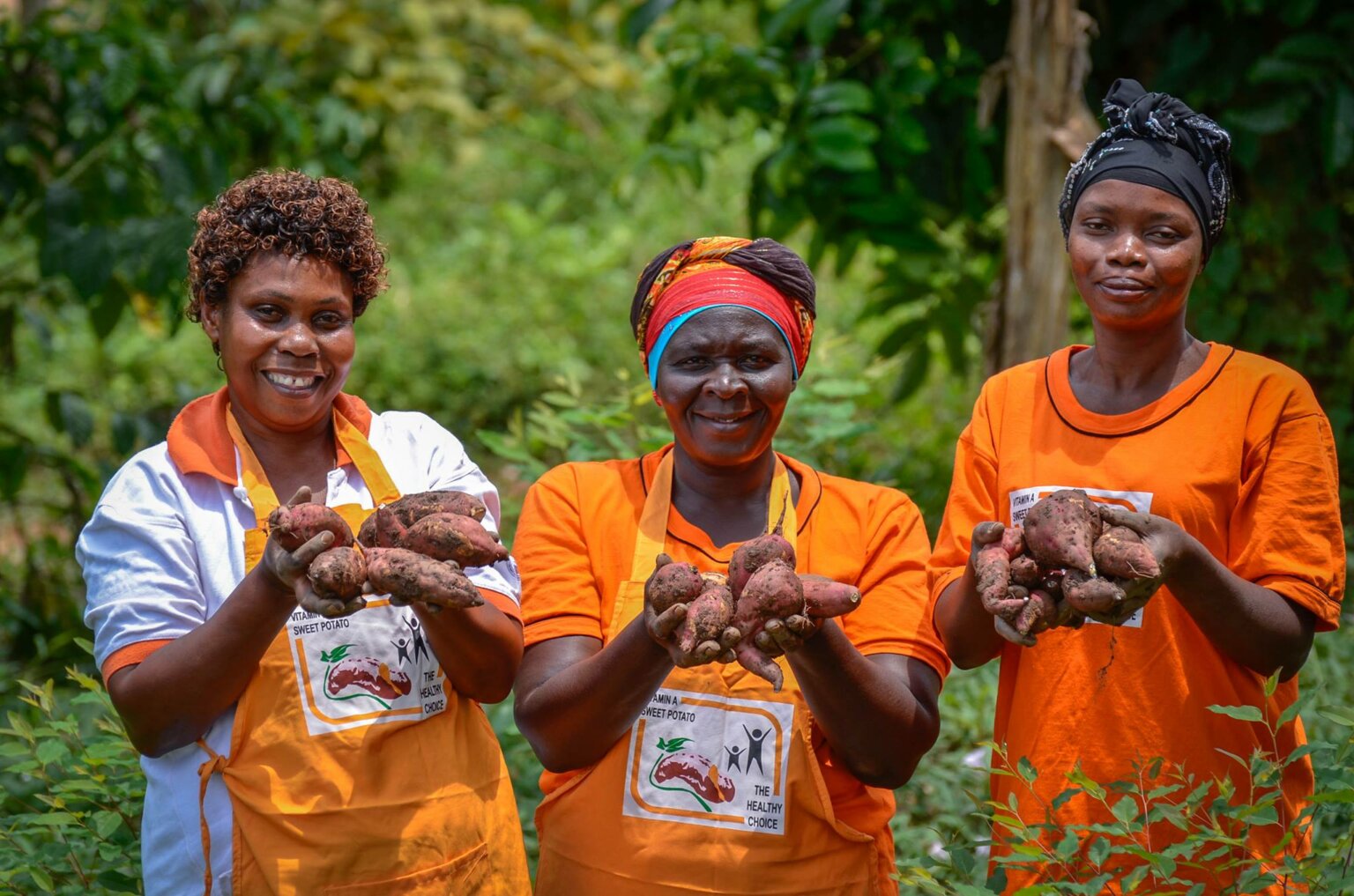- About
- Topics
- Picks
- Audio
- Story
- In-Depth
- Opinion
- News
- Donate
-
Signup for our newsletterOur Editors' Best Picks.Send
Read, Debate: Engage.
| March 26, 2020 | |
|---|---|
| topic: | Transparency and Corruption |
| tags: | #Lesotho, #anti-corruption, #Lipolelo Thabane, #Thomas Thabane |
| located: | Lesotho, South Africa, Angola |
| by: | Cyril Zenda |
The Kingdom of Lesotho has always hogged the limelight for all the wrong reasons. Now, it’s back in the news. This time around the tiny mountainous African nation is keeping the whole continent – where justice and rule of law are always critically in short supply – waiting to see if it will become the first ever African country to put a sitting leader on trial for a serious criminal offence.
The murder case
The Prime Minister’s wife, Maesaiah (42) has been charged with murdering her predecessor, Lipolelo Thabane (58). Thabane was shot dead in June 2017, two days before Thomas Thabane (80) was sworn in for his second term as premier of the country. Police say the Prime Minister was a co-conspirator in the killing that took place near the former First Lady’s home in the capital, Maseru. At the time of her murder, Lipolelo Thabane and Prime Minister Thabane were pitted in an acrimonious and protracted divorce.
The estranged Prime Minister was already involved with Maesaiah, who had moved into his official residence and carried out some official duties, but she could not be recognised in law since, in the absence of a divorce, Lipolelo was still the First Lady.
A few weeks after Lipolelo had been killed, Thabane and Maesaiah formally got married and the latter officially became the country’s First Lady.
Besides having suspicions to believe that Thabane had every reason to want Lipolelo out of the way, police say they tracked suspicious calls made from the crime scene to the Prime Minister’s own phone.
Claim to immunity
Lesotho’s judiciary will explore an uncharted territory, as Thabane has claimed that his premier’s post gives him immunity from any criminal prosecution. The case has been referred to the High Court for determination. If Thabane’s claim to immunity falls through, he will became the first African leader to face a serious criminal office while in office.
Unlike cases in other southern African countries such as Angola, Mozambique, Malawi, Zambia, Zimbabwe and Botswana where powerful political figures or members of ruling families only face prosecution after losing political power, this is a case that has been brought against a sitting head of government in a local court. Because of this case and in response to growing pressure from his party, Thabane has promised to step down.
Political wire pulling
Senior police officers investigating the murder allege getting orders from Thabane to stop the probe, while some witnesses have fled the country for fear of their lives. When police initially tried to arrest Maesaiah in January this year, she fled to neighbouring South Africa for nearly a month, yet upon her return when extradition was imminent, the courts easily released her on a $65 bail, a development that raised eyebrows and is now subject of a vicious fight between the police and judicial officers.
It is because of fears of this political wire-pulling that analysts say when the High Court makes its ruling on Thabane’s claim to immunity, it could either be victory for justice or for loyalty to a leader.
Hoolo ‘Nyane, the head of Public and Environmental Law Department at the South Africa’s University of Limpopo, says according to the Constitution of Lesotho, only the King enjoys immunity from prosecution.
“It remains to be seen whether Lesotho’s High Court – sitting as the Constitutional Court – will uphold the Prime Minister’s immunity argument,” ‘Nyane said. “What is palpably clear, though, is that in terms of Lesotho’s constitution the legal immunity enjoyed by the King does not extend to the Prime Minister. If the court decides to uphold his claim, it will be for reasons other than the express provisions of the constitution.”
Case testament of execution of rule of law
Analysts say whatever the outcome of the High Court appeal, just getting this political hot potato case thus far is testament to the execution of the rule of law. “That a sitting Prime Minister is fighting real prospects of defending himself against a charge of murder is something rare in Africa,” Dewa Mavhinga, the southern Africa director for Human Rights Watch told FairPlanet in an interview.
Thabane allegedly pulled out all the stops to have the chief of police removed, but the army chief disobeyed an order to arrest him. Instead, a court issued an arrest warrant for the new First Lady, and the police stormed the Prime Minister’s office. This is not something that happens every day in Africa.
Rule of law still far away
Mavhinga however cautioned that even if Lesotho’s Prime Minister is to stand trial for the charge, a culture of justice and rule of law still remains far from Africa.
“It is unlikely that this will be a precedent that will be followed in other African states because most constitutions grant immunity from criminal prosecution for sitting heads of state. Even the proposed African Court of Justice and Human Rights has a protocol, the Malabo Protocol, that granted immunity to sitting leaders and senior officials. One of the reasons why African leaders are unhappy with the International Criminal Court is that it does not grant immunity to sitting leaders.”
By copying the embed code below, you agree to adhere to our republishing guidelines.

